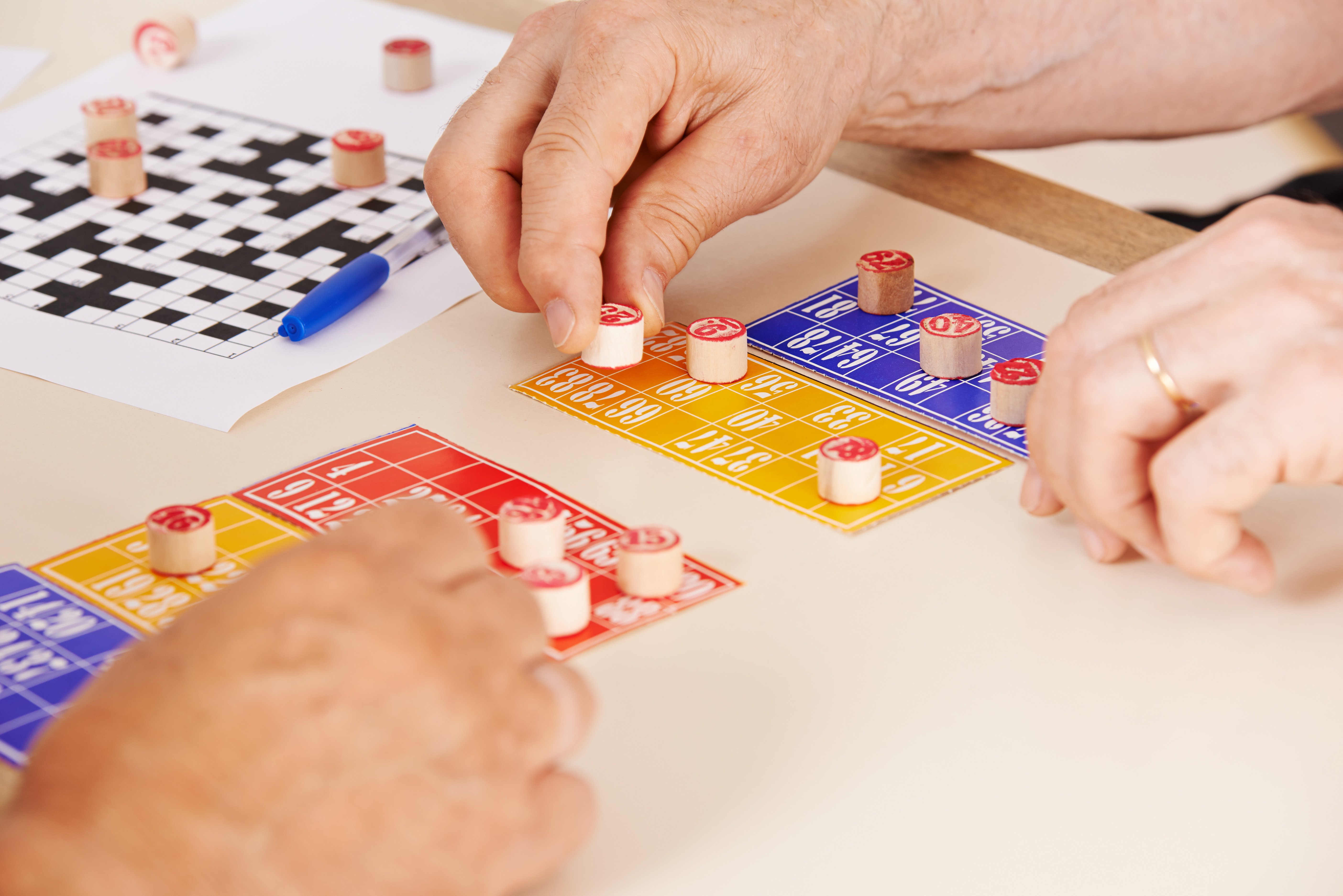Multimodal Everyday Training and Brain Stimulation Improve Memory, Especially in Alzheimer’s Patients
Written by |

September 21 was World Alzheimer’s Day, a fitting occasion to announce that a recent study from Finnish and Swedish researchers has confirmed that MedUni Vienna scientists were right: Multimodal everyday training does, indeed, have a beneficial effect upon cognitive abilities such as planning and implementing projects. That is true for everyone, but particularly for Alzheimer’s disease (AD) patients.
“By taking the correct steps, it is possible to delay or alleviate the early clinical symptoms of Alzheimer’s, such as forgetfulness,” Peter Dal-Bianco, an expert in Alzheimer’s from MedUni Vienna’s Department of Neurology, said in a press release.
The Finnish Geriatric Intervention Study to Prevent Cognitive Impairment and Disability (FINGER) enrolled 1,260 participants aged 60 to 77 years old, who already were showing signs of diminished memory.
The study divided them into two groups over a period of 24 months. One group, of 631 people, was provided with guidance to exercise regularly, in alignment with their daily routines – physical exercise included walks while maintaining conversations, computer exercises to train balance and memory, a planned diet, as well as regular monitoring of cardiovascular scores.
“The result was a significant improvement in cognitive abilities in terms of processing speed and executive functions in the active group, as compared to the control group,” Dal-Bianco said. The control group included 629 people.
These findings were important to confirm MedUni’s Vienna previous research results. Its Department of Neurology is now using brain stimulation with ultrasound waves as part of an ongoing clinical trial, and drug therapies to treat early-stage Alzheimer’s. According to their hypothesis, the waves supply energy to the brain tissue and this promotes regeneration of the structures in the nervous system, which improves brain performance.
“For example, inactive people have an 80% higher Alzheimer’s risk than people who are physically active. Other factors that can accelerate the clinical onset of dementia include being overweight, diabetes mellitus, high blood pressure and smoking,” Dal-Bianco said. “The neurodegenerative tissue changes in the brain happen slowly and start approximately 30 years before the first clinical symptoms of dementia appear. And so, if we take the correct steps at an early stage and we also demonstrate scientifically that they work, many people would be able to delay the clinical onset of the disease so that they die from old age before they have to experience it,” he added.
It is estimated that 30 million people worldwide currently live with Alzheimer’s. By 2030, that number is predicted to reach 63 million and, by 2050, it may be 114 million.
Stay up-to-date on all the latest news from World Alzheimer’s Day and subscribe now to Alzheimer’s News Today free weekly newsletter.





